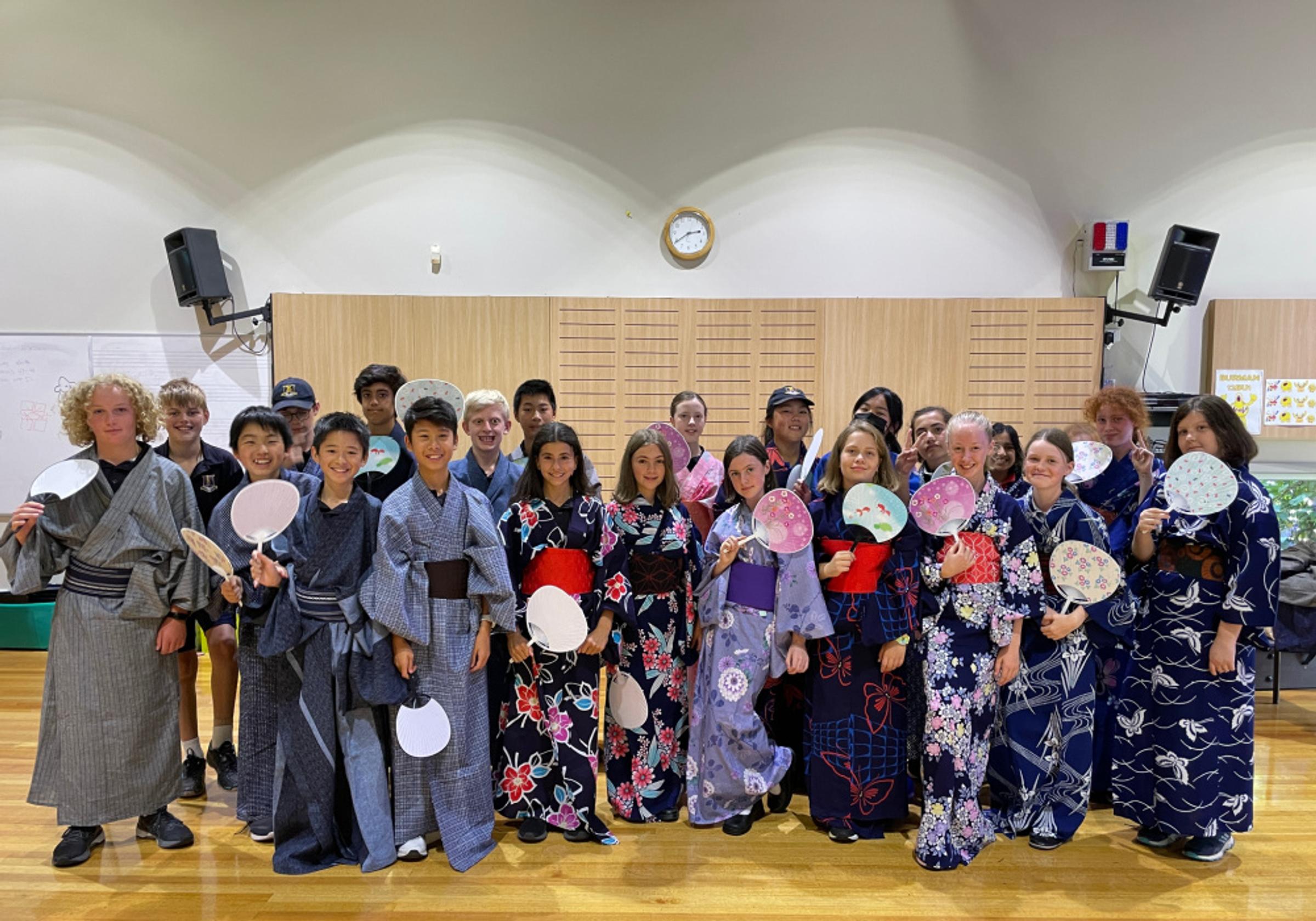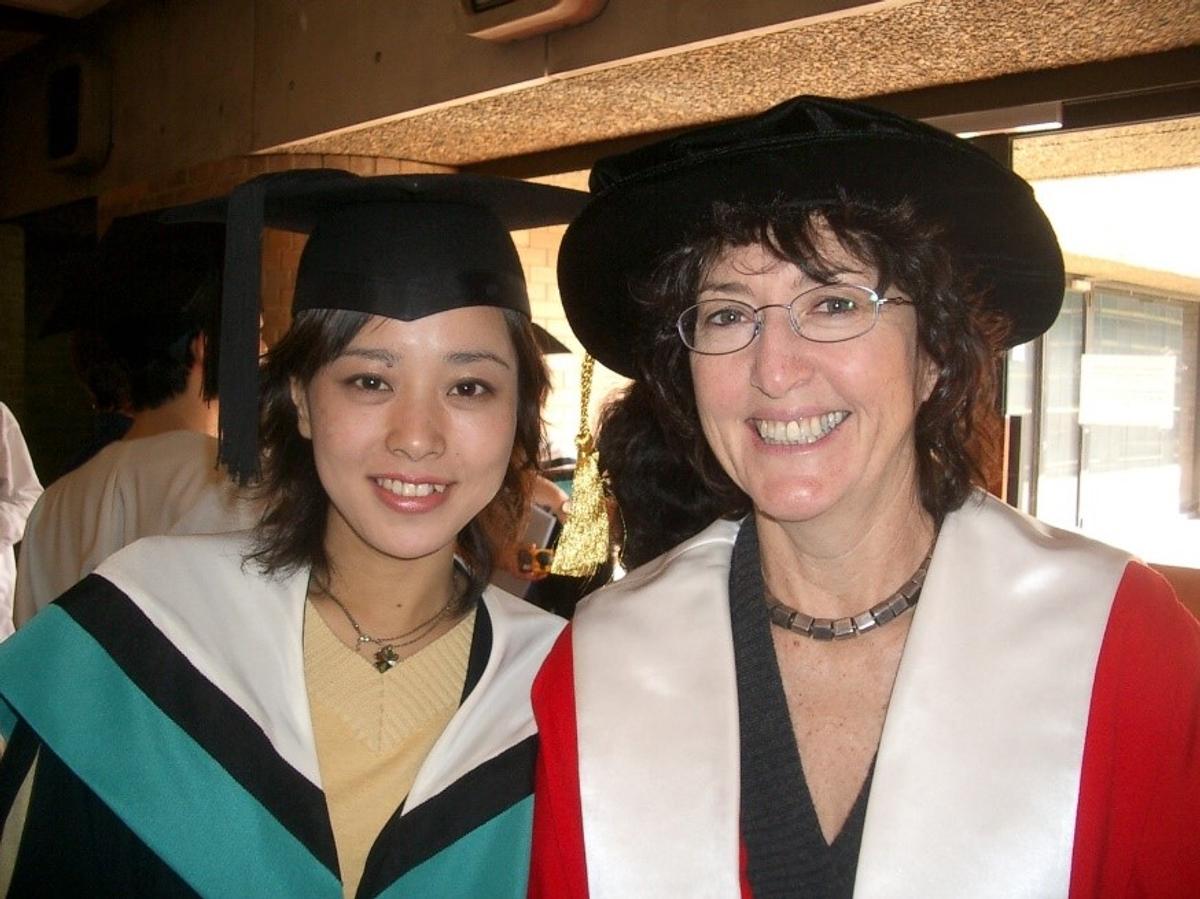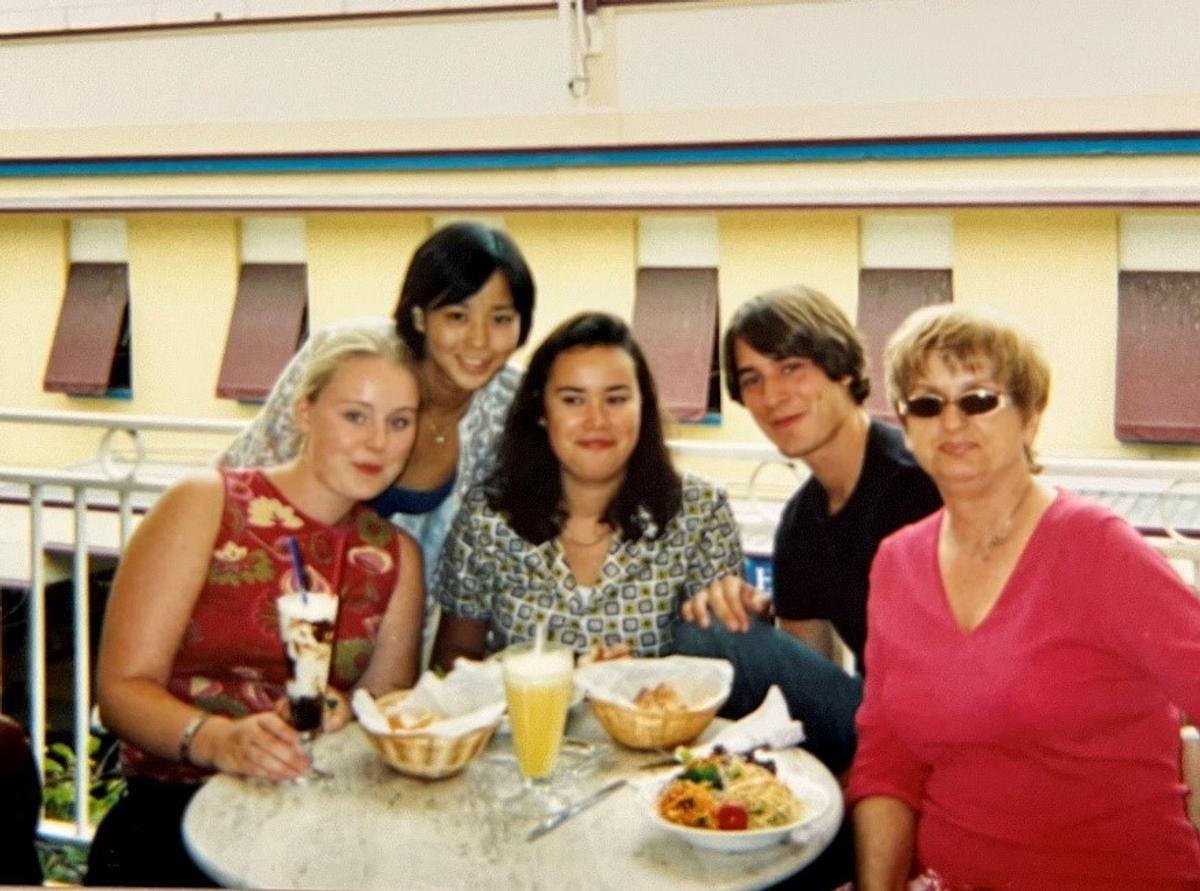Meet our Japanese Language Teacher, Sano Sensei

Meet our Japanese Language Teacher, Sano Sensei
This year, we welcomed Aiko Sano to Kilvington as a Japanese Language Teacher. Aiko arrived in Sydney, Australia in 2001 to study English. After that, she completed a Diploma of Education and a Master of TESOL (Teaching English to Speakers of Other Languages).
After arriving in Victoria in 2006, Aiko started teaching Japanese at secondary schools including Brighton Secondary College and, now, Kilvington.
Aiko sat down with us to share her story about life in Japan; adapting to Australia; and why language is more than just words.
Tell us about your ‘cram’ teaching experience.
I used to teach subjects of Japanese and English at a cram school in Japan. Cram schools or Juku are special private schools in Japan that offer lessons conducted after regular school hours and on weekends and school holidays.
I usually taught classes to Years 6 to 10. The class time was from 4.30 to 6.30pm for younger students and from 6.30 to 9.30pm for senior students.
I worked hard because I wanted to save money to come to Australia.
Why did you want to come and live in Australia?
Because I love people in Australia. When I first came to Australia in 2001, I simply wanted to study English and then travel around the world. In Australia, I met so many lovely people. I had such a great experience making new friends with different backgrounds, something which I could never experience in Japan.
People I met were so happy and friendly and they respected each other’s differences and values. They didn’t seem to judge people as much by how they looked, dressed or spent their time, which let me be myself more easily without feeling pressure from peers or society.
The experience of coming out of my own country also broadened my horizons and gave me the idea of working overseas.
What made you decide to do your Diploma of Education?
At first, my motivation was to become better at teaching the Japanese language to my friends in Australia. My friends made me realise how wonderful and unique Japan is, by telling me how much they loved Japanese culture and how much they wanted to go to Japan.
As I began to study more about Japan, I also fell in love with Japanese culture and its history. I now feel passionate about introducing Japan to students; believing it will open many doors to new opportunities and future pathways, and broaden students’ views about life.
How important do you think it is that students study a language and why?
Learning a new language makes you more tolerant by opening your eyes to another way of thinking. We cannot separate language and culture. Learning about other cultures can help us to develop new ways of understanding, which can make us more open-minded. This can help us to develop greater resilience and tolerance in unfamiliar situations.
How important is it for young people to spend time experiencing other cultures?
I believe experiencing other cultures makes us more understanding and respectful of how other people feel. A respectful relationship is one of the most important aspects of a person’s life. Young people who genuinely experience other cultures often have a greater respect of differences.
What is the most important lesson you have learned by teaching a language?
Use it or lose it. Do not be afraid of making mistakes. You learn better and have more fun when you use a language that you learn. Watch Japanese Anime, and do not forget to have fun😊.
If you could choose another language to learn, what would it be and why?
One of the languages I would love to learn is German, as one of my best friends is from Germany. When I first got introduced to her family we spoke only in English. I would love to go to Germany in future and surprise them by speaking in German!
I'd also like to learn French because I love the sound of the language; it's so romantic. I also have good friends from France to impress too!


